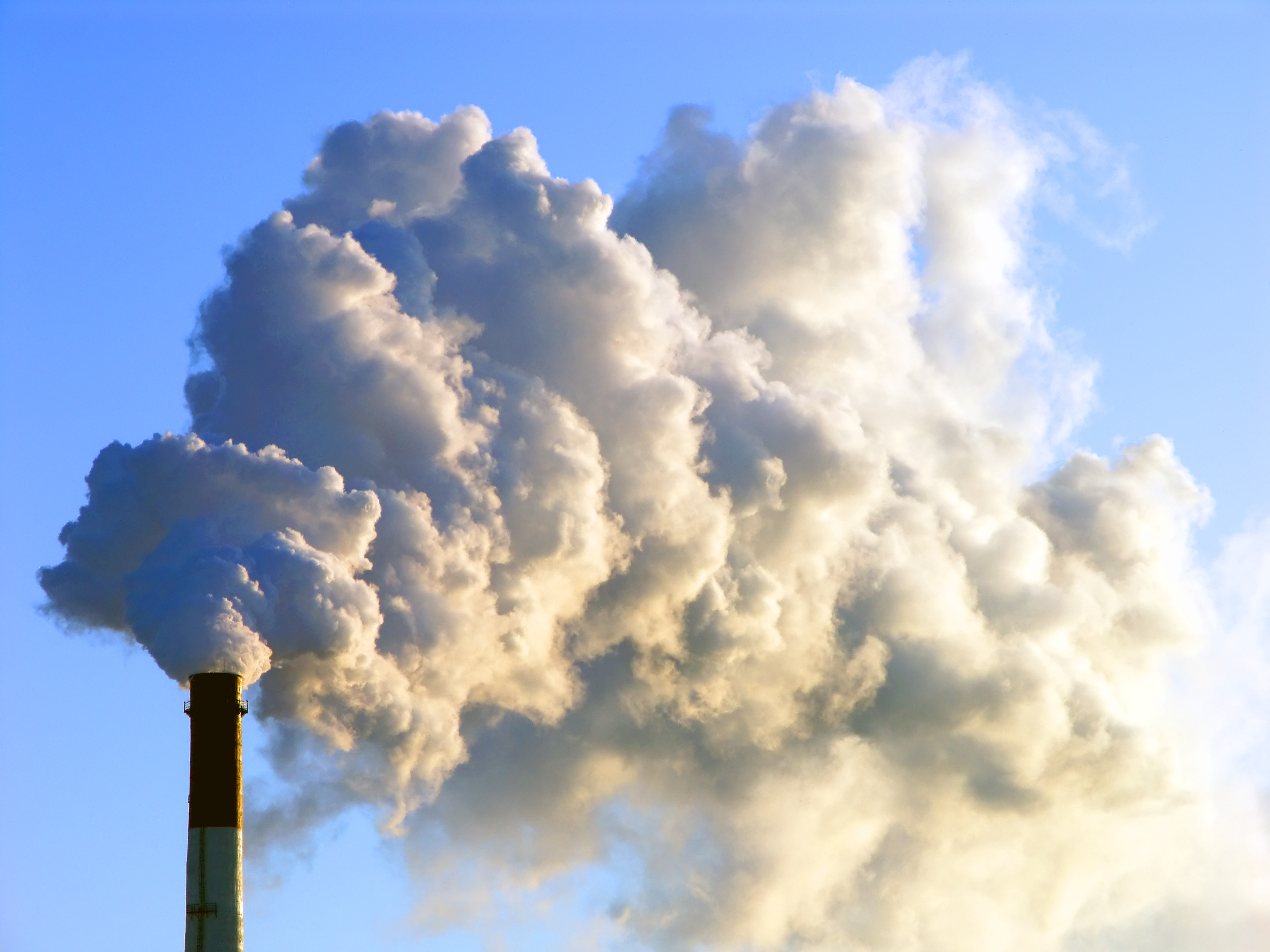Climate Change Litigation: Actions Against Corporations

Introduction
Our previous article on climate litigation discusses the framework by which plaintiffs around the world have brought claims against their governments for allegedly failing to mitigate greenhouse gas (GHG) levels, thereby breaching their duty of care toward the nation’s citizens. Governments are not the only target of climate change litigation. Both public and private actors have brought litigation against corporations involved in the fossil fuel industry seeking redress for costs arising from climate change impacts.
The “Big Tobacco” Lawsuits and Climate Litigation
Scholars have noted that the “Big Tobacco” litigation could form a model for bringing claims against fossil fuel producers to recover costs associated with climate change. In the 1990s, a number of U.S. states launched lawsuits against the “Big Tobacco” companies alleging that these companies knew about the adverse effects of smoking, but falsely advertised cigarettes and attempted to hide the information from regulators and consumers. The states sought compensation for healthcare costs that arose from treating smokers. Tobacco companies settled and entered into the Tobacco Master Settlement Agreement and agreed to pay approximately $250 billion over twenty-five years.
In 1998, the B.C. government enacted the Tobacco Damages and Health Care Costs Recovery Act (1998) and became the first Canadian jurisdiction to sue tobacco manufacturers for recovery of tobacco-related health care costs. In 2010, British Columbia partnered with five other provinces in a national legal consortium to seek reimbursement of healthcare costs from tobacco manufacturers.
In “From Smokes to Smokestacks: Lessons from Tobacco for the Future of Climate Change Liability” by Martin Olszynski, Sharon Mascher and Meinhdard Doelle, the authors discuss how tobacco and climate liability both have private and public dimensions to their related harms. “Private” in that individuals will be affected due to the adverse effects of tobacco use and climate change via physical harm, and “public” with regard to public health concerns of significant portions of populations getting sick or being negatively affected by these harms, which government healthcare systems will have to bear the brunt of. However, climate liability goes a step further, as the consequences of climate change include the private and public harms of individual property damage and the same to various municipal infrastructure [pg. 23-24]. The authors envision the enactment of a “Climate Change Damages and Adaption Costs Recovery Act” mirroring the legislation enacted to support the tobacco litigation like the B.C. Tobacco Damages and Health Care Costs Recovery Act [pg. 5-7]. In fact, climate change liability legislation has already been proposed in Canada, but has not yet been passed into law.
In early 2018, the Ontario NDP introduced Bill 21, Liability for Climate-Related Harms Act, 2018. As we wrote in a previous post, this private members bill proposed imposing strict liability on fossil fuel producers for damages arising from climate change harms, including:
- economic loss or physical loss of property, infrastructure, structures, resources or other assets;
- costs associated with obtaining and maintaining insurance in respect to such losses;
- death, injury, illness or other physical or psychological harms and costs associated with treating or caring for persons suffering from them;
- ·ocean acidification;
- loss of land or damage to infrastructure due to rising sea levels;
- costs of monitoring, research and analyzing the climate and the weather;
- costs of responding to emergencies arising from natural disasters associated with climate change;
- costs of constructing, renovating, repairing or improving infrastructure in order to minimize such harms and costs; and
- costs of carrying out public education campaigns to inform the public about reducing and avoiding such harms and costs.
Bill 21 also addressed the evidence needed to prove causation for losses arising from climate change. The Bill provided that where it was alleged that a particular weather event, food or other event was caused by climate change, evidence that climate change doubled the likelihood of that type of event occurring would be sufficient to demonstrate, on the balance of probabilities, that the event was caused by climate change or that climate change worsened the impact of the event.
Bill 21 was not passed before a provincial election in the spring of 2018. The Ontario NDP reintroduced the proposed act in the fall of 2018 as Bill 37. However, this bill did not pass second reading.
Municipalities Suing Fossil Fuel Companies for Anticipatory Climate Change Impacts
A number of U.S. cities have filed suits against fossil fuel companies, including Baltimore, New York, Oakland and San Francisco, seeking compensation for anticipatory costs of damage to infrastructure caused by climate change. Canadian municipalities, including Toronto and Victoria, are considering similar litigation against fossil fuel producers.
In early 2019, Toronto City Councillor Mike Layton put forward a motion to consider whether the City of Toronto should sue fossil fuel producers for the anticipatory costs the City will incur due to climate change. Between 2000 and 2012, the City of Toronto reportedly experienced three separate 100-year rain storms and spent close to $1 billion in insured property losses caused by floods in 2013. The motion asks for a staff report to be prepared for council’s infrastructure and environment committee, which will expound upon the “long-term cost implications of climate change.” Mr. Layton stated that Toronto should look to the U.S. municipalities and “sue major oil companies for the billions of dollars in extra costs the city could incur in coming decades from floods and storms caused by climate change.” The report is scheduled to be completed by the end of 2019.
On January 17, 2019, Victoria passed a resolution to ask the Union of BC Municipalities to look into pursuing a climate-related class-action lawsuit against 20 fossil fuel companies. The litigation would seek compensation from the companies for the cost for municipalities to prepare and respond to climate change.
Private Individuals and Climate Change Litigation Against Corporations
It is not only state actors that are taking to the courts seeking compensation from corporations for climate change impacts. Private individuals have also commenced litigation. An interesting case that has been ongoing for several years involves a resident in Huaraz, Peru suing a German energy company for the cost of flood-preventing measures to mitigate the effects of nearby melting glaciers.
Lliuya v. RWE AG
The City of Huaraz is located in the foothills of the Andes. Just above Huaraz and between two glaciers lies Lake Palcacocha. The glacial lake has proved to be a serious threat to the inhabitants of Huaraz over the past century due to flooding, including when in 1941 an earthquake caused a piece of the glacier to fall into the lake triggering a massive wave. Approximately 1,800 people died as a result. Now, increasing levels of global GHG emissions, rising temperatures and melting glaciers portend a worrisome future for the citizens of Huaraz.
In 2015, Saúl Ananías Luciano Lliuya, a resident of Huaraz, brought an action against the German energy company RWE AG, Germany’s largest electricity producer. Mr. Lliuya asserted that despite previously implemented preventative measures, the lake still poses a flood risk and RWE AG “contributed to this state to a degree of [0.47%], proportional to its share of worldwide [GHG] emissions.” Mr. Lliuya wants RWE AG to bear a proportionate level of the cost of the flood-preventing measures he and the Huaraz authorities implemented in the region.
The German District Court of Essen initially sided with RWE AG, declaring that it was “impossible to identify anything resembling a linear chain of causation from one particular source of emission to one particular damage.” However, on appeal in November 2017, the Higher Regional Court of Hamm ordered an evidentiary phase where expert opinions on a potential causal link between the flooding and RWE AG’s GHG contributions would be gathered. Due to disagreements on the selection of experts between Mr. Lliuya and RWE AG, the Higher Regional Court of Hamm has now appointed experts who “will provide an opinion on the question of whether or not there is a serious threat of impairment to the plaintiff’s property.” In early 2019, the Higher Regional Court of Hamm made a request to the State of Peru for a court-appointed site visit to the glacial lake in the Huaraz area. Processing this request will take approximately one year.
Conclusion
Climate change litigation against fossil fuel producers and large emitters like RWE AG is still in its early stages. These cases are being watched closely by climate change activists around the world. Any success is likely to serve as a catalyst for further litigation in the way that the Urgenda case has.

